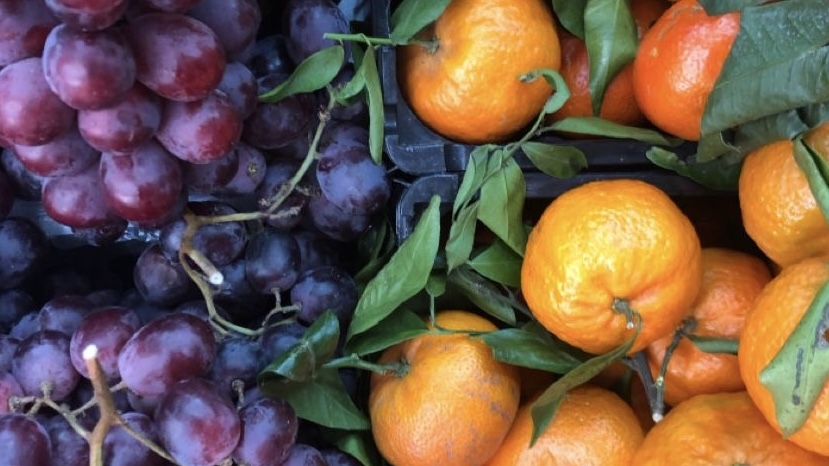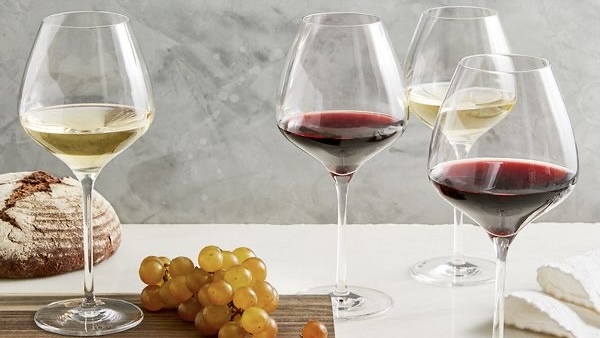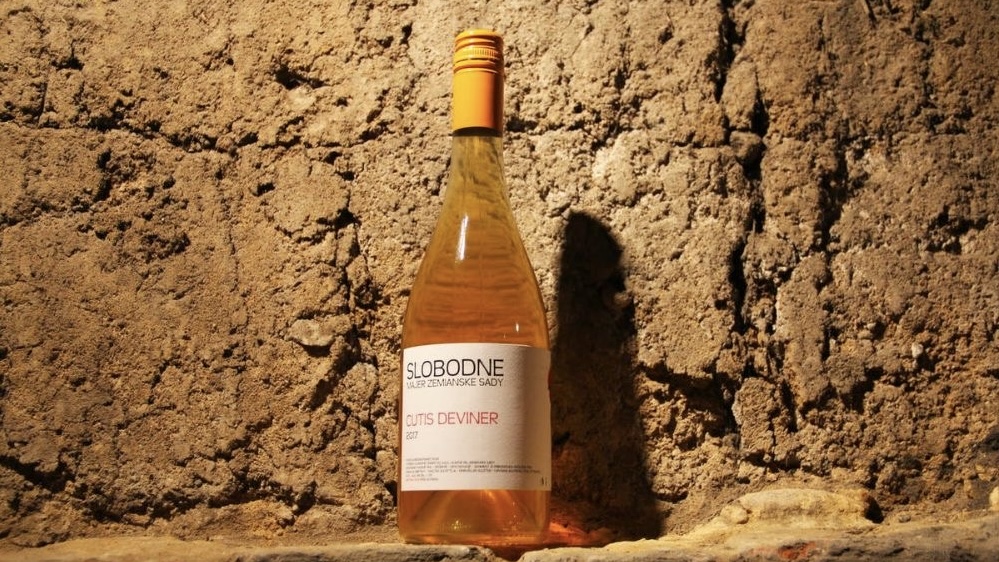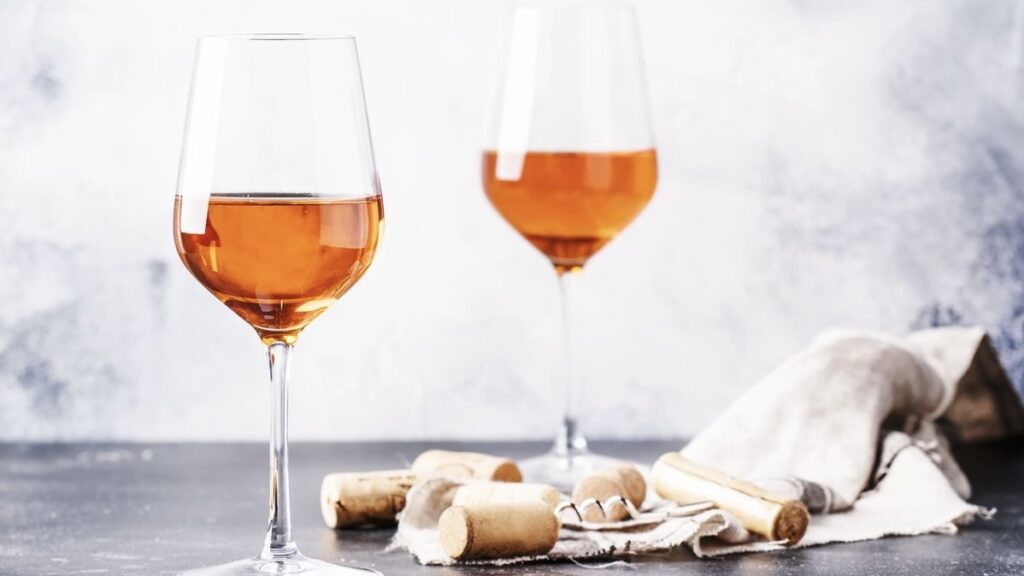Orange wine is quickly becoming a favorite among wine lovers. But many of these wine lovers know little or nothing about it. So, what exactly is orange wine? That’s what this article is going to be all about. Before going into more details, there are a few things to know.
This unique beverage, also known as skin-contact wine, is made using an age-old process that produces its distinct amber hue and bold flavor. Learning about this natural wine can be as delightful as sipping it. This blog post contains everything you need to know, according to experts.
What Makes Orange Wine Special?
Surprise! Orange wine has nothing to do with oranges. It’s actually a white wine made using red wine techniques. The amber color and name come from fermenting grape skins with the juice, which creates what’s called skin-contact wine.
Unlike the crisp and light flavors of traditional white wine, orange wine introduces tannin and offers earthy, bold notes. If you’re into natural wine trends, this one should be on your radar!
How Is It Made?
The process of making orange wine is ancient and unique. Instead of removing grape skins and seeds like in white wine production, they’re left to ferment together. This old-school technique gives the wine its tannins, deep color, and bold character.

From the vineyard to the wine cork, every step of crafting orange wine is intentional, making it stand out from other types of wine. It’s a sip of history wrapped in a modern trend.
What Does Orange Wine Taste Like?
Orange wine doesn’t play by the usual wine rules when it comes to flavor. Expect bold, complex tastes with hints of dried fruits, nuts, and spices. The skin fermentation adds a layer of earthiness, while the wine’s acidity keeps it lively.

Whether you’re hosting guests or unwinding on your own, this wine pairs perfectly with rich, savory foods like curries or aged cheeses. It’s a flavor journey you don’t want to miss.
Types of Orange Wines You Should Try
All orange wines are not the same. Their flavors and aromas vary depending on the grape varieties and regions where they are made. Italian orange wines tend to be more robust and intense, while Georgian orange wines offer softer, more aromatic profiles.

Many of these are classified as natural wine, with minimal intervention in the winemaking process. Trying different types of orange wine is the best way to discover your personal favorite.
Is Orange Wine Really a Natural Wine?
Many of them fall under the category of natural wine due to their minimal processing and use of organic grapes. Winemakers often avoid additives like sulfites, ensuring the wine’s flavor remains true to the grape.

This commitment to sustainability and authenticity is part of what’s fueling orange wine’s popularity. If you appreciate eco-friendly practices, orange wine is a fantastic choice for your next celebration.
Is Orange Wine for Everyone?
While it is celebrated for its unique qualities, it might not be for everyone. Its tannin-heavy, bold flavor can feel unfamiliar to those used to traditional white or red wines.

However, for adventurous drinkers or those who enjoy natural wine, it’s just perfect. When serving house guests, consider pairing it with flavorful foods to balance its intense taste. Over time, even skeptics might find themselves drawn to its charm.
Serving Tips
To enjoy orange wine at its best, serve it slightly cooler than red wine but warmer than white wine. Decanting is another great tip, as it allows the wine’s aromas to open up.

Use a high-quality wine cork to preserve any leftovers, though its bold flavors are often best enjoyed fresh. This unique wine is versatile, and this makes it a fantastic choice for dinners, parties, or even casual nights with friends.
Orange Wine and Food Pairings
Orange wine pairs wonderfully with savory dishes like spiced lamb, roasted root vegetables, or aged cheeses. Its tannin structure and acidity make it perfect for cutting through rich, creamy dishes or balancing out tangy flavors.

Hosting house guests? Serve it alongside a Mediterranean platter with olives, hummus, and grilled meats—it’s a guaranteed crowd-pleaser. The possibilities are endless, so don’t be afraid to get creative.
Wrapping Up
Considering its unique production, taste, and popularity, orange wine is a must-try for any wine lover. It doesn’t matter whether you’re exploring types, learning how it’s made, or pairing it with delicious food; there’s so much to enjoy. So grab a bottle, call over your house guests, and let this skin-contact wine take center stage at your next gathering. It’s not just wine—it’s an adventure in every glass.
